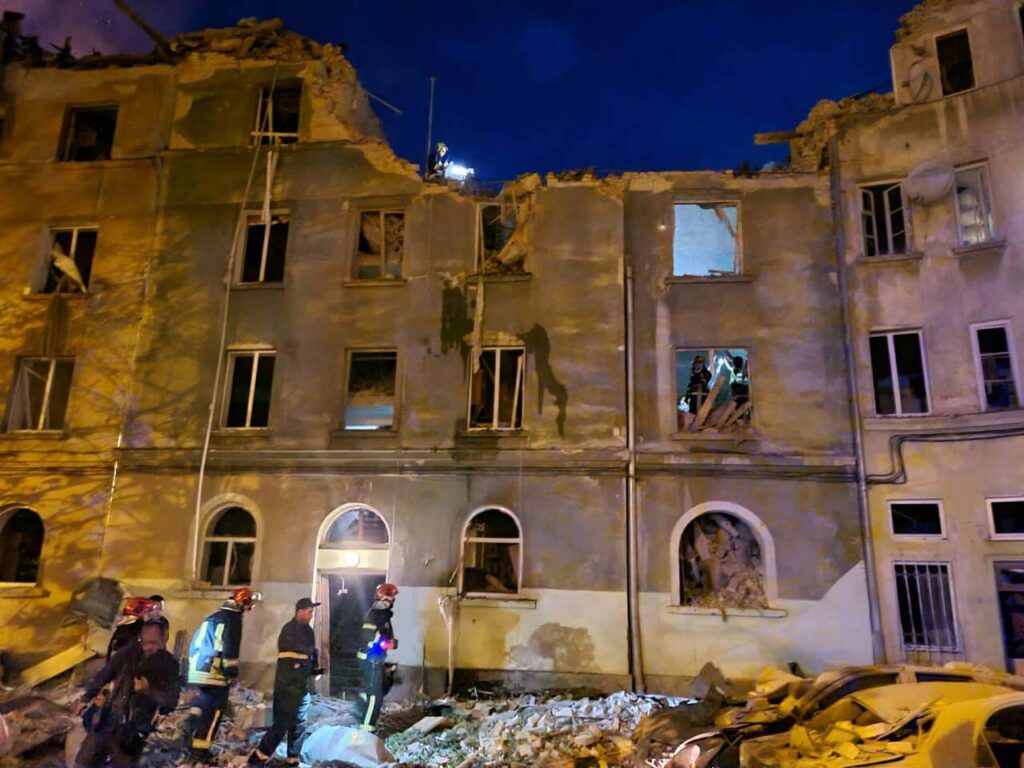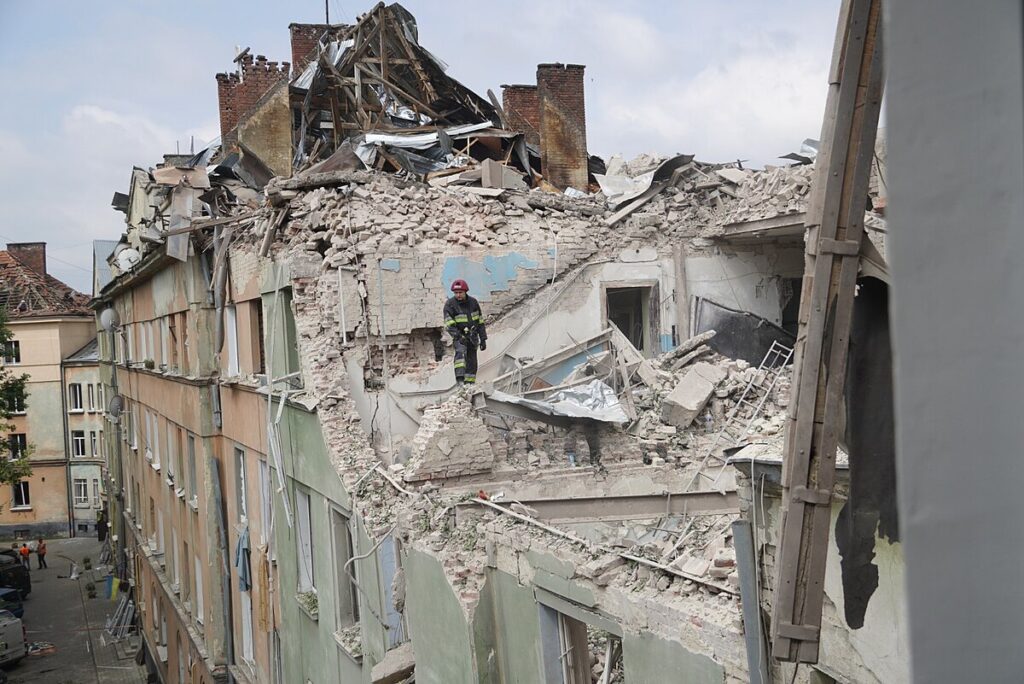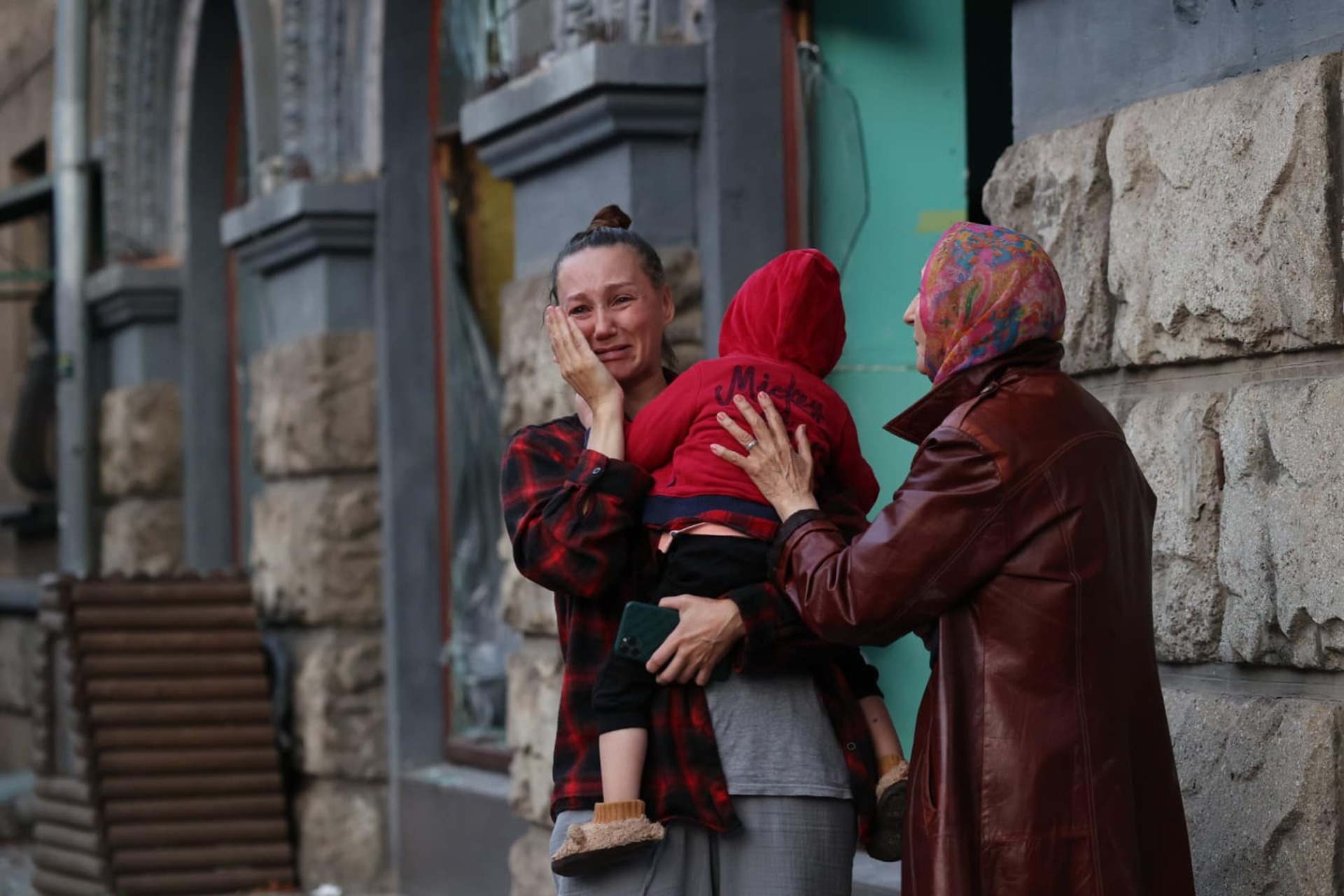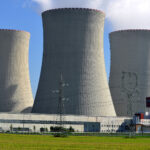In recent days, rocket terror from Russia has significantly intensified, with civilian buildings and peaceful citizens becoming increasingly targeted. Almost all regions of Ukraine are experiencing horrific destruction, leading to further emigration of citizens abroad. The worsening situation has not gone unnoticed by Western partners. But will this be the cause of any significant changes?
Loss of Lives and Search Under the Rubble
On September 3, a horrific tragedy occurred in Poltava due to a Russian shelling of an educational institution. The death toll from this strike has risen to 53 people. According to updated information provided by the State Emergency Service, there may still be up to five people under the rubble of the building.
Rescue operations are ongoing, and there is hope of finding several more survivors. As of now, 271 people have been injured, and 25 have been rescued, with 11 being extracted from the debris.
Situation Deteriorating: Rescue Operations Under Difficult Conditions
The spokeswoman for the State Emergency Service in Poltava region, Svitlana Rybalko, clarified that there may still be up to five people under the rubble of the six-story building. Earlier reports suggested the possible presence of 13 individuals. The situation on the ground remains challenging, but rescuers are doing everything possible to reach the survivors.

The State Emergency Service spokesperson, Oleksandr Khorunzhyi, reported that during nighttime rescue operations, the body of another deceased person was found, raising the death toll to 52. Unfortunately, these numbers continue to rise as rescuers persist in their difficult work.
Tragic Day in Lviv
Meanwhile, on September 4, Lviv also fell victim to a rocket strike. In the aftermath of the morning attack carried out by Russian occupiers, 47 people were injured, and the death toll rose to seven, including three children.
The head of the Lviv Regional State Administration Maxym Kozytskyi announced that the injured had been taken to three medical facilities in Lviv, where they are currently receiving treatment. Among the wounded are seven children, all of whom have moderate injuries. Among the adults, seven are in critical condition, and doctors are constantly updating information about their condition.
Extent of Damage in Lviv
As a result of the rocket attack in Lviv, over 50 residential buildings were damaged, necessitating the evacuation of people. Additionally, two schools were destroyed, and hundreds of windows were shattered.
The attack involved a combined use of rockets of different types and drones, further complicating the situation. This tragedy serves as another reminder of the danger posed by Russian military strikes on peaceful cities in Ukraine.
New Impetus for Supporting Ukraine
The recent tragic events in Ukraine, specifically the shelling of Poltava on September 3 and Lviv on September 4, have caused a significant ripple effect worldwide. The loss of dozens of civilians and extensive destruction of civilian infrastructure have drawn international attention to the need to bolster support for Ukraine in its fight against aggression.
Condemnation and Sympathy
In the first hours following the tragedies, prominent politicians traditionally express sympathy and solidarity with the Ukrainian people. Many Ukrainians find this quite frustrating, as such statements often become the only response from foreign entities. However, political ethics require this, so it should be understood and accepted.

Leaders of many countries around the world, including the United States, the United Kingdom, Germany, and other European states, have expressed their condolences to Ukraine in connection with these horrific events. U.S. President Joe Biden has condemned the Russian shelling, calling them “barbaric acts” aimed at intimidating the peaceful population. German Chancellor Olaf Scholz has also expressed deep concern about the situation, emphasizing the need to hold those responsible accountable.
The European Union, the United Nations, NATO, and other international organizations have issued statements strongly condemning attacks on civilian populations and have called for increased pressure on Russia. The EU’s top diplomat, Josep Borrell, stated that these attacks underscore the need for further military support for Ukraine, as well as tougher sanctions against Russia.
Will the shelling by Russia be allowed?
In response to the shelling, several countries have decided to increase their military assistance to Ukraine. The United Kingdom has announced its intention to provide additional air defense systems and armored vehicles to protect Ukrainian cities from similar attacks. The United States has also announced the supply of advanced air defense systems and anti-missile complexes. These measures aim to enhance the effectiveness of protecting civilian populations and reduce the risk of similar tragedies in the future.
In light of ongoing threats, several European countries have also expressed intentions to increase their support by providing Ukraine with more weapons, ammunition, and other military equipment. Furthermore, discussions are underway regarding the possibility of providing Ukraine with new economic and humanitarian assistance packages to overcome the consequences of destruction and aid the affected population.
However, as of September 4, no changes in the policy of permits to strike strategic objects within the territory of Russia with long-range weapons provided by key partners, such as the US, have been obtained. The world silently watches as Ukraine is bombarded with missiles. It is worth noting that during World War II, even the proven fact of deliberate destruction of millions of Jews did not trigger decisive lightning-fast actions. Therefore, the world is quite consistent and inflexible in its actions, even though it may seem unbelievable.
New Sanctions and Isolation of Russia
The world’s response also includes discussions on new sanctions against Russia. In particular, the European Union is considering the possibility of imposing new restrictions on the export of Russian energy resources and military goods. Sanctions against specific individuals and entities involved in military aggression are also being discussed.
The isolation of Russia on the international stage is also increasing. Some countries are considering recalling their diplomatic representatives from Moscow or even severing diplomatic relations. Furthermore, several international organizations have announced the exclusion of Russia from their ranks or the cessation of cooperation with it.
Changes in International Politics: Implications for the Future
The shelling of Poltava and Lviv will become another impetus for strengthening the coordination of international efforts to support Ukraine. There is a growing realization that assistance should not only be military but also political and economic. This includes increasing pressure on Russia, expanding sanctions, and ensuring that Ukraine receives the necessary support for the restoration and defense of its territory.
It is expected that the international community will more actively engage in efforts to rebuild devastated cities and provide humanitarian aid to the affected. At the same time, these events may lead to a reassessment of countries’ policies regarding asylum for refugees and support for Ukrainian internally displaced persons.
Overall, the tragedies in Lviv and Poltava underscored the need for decisive action by the global community. They also reminded us of the importance of unity in the fight to protect international human rights norms and laws. The situation in Ukraine remains one of the key challenges for the world, and the future not only of Ukraine but also of global security depends on how quickly and effectively the international community responds.


